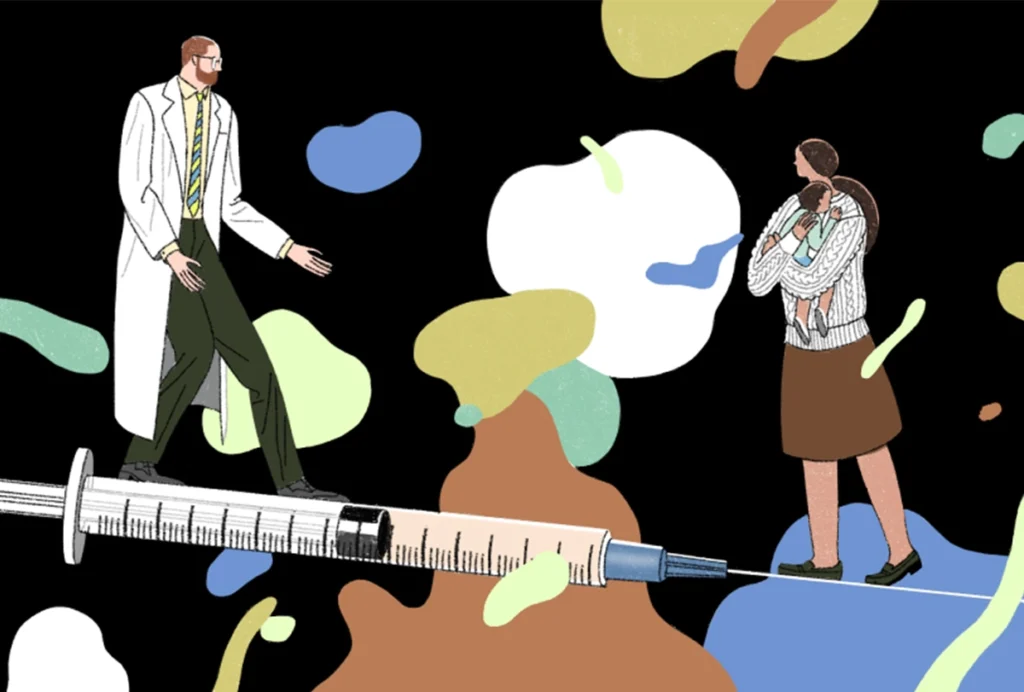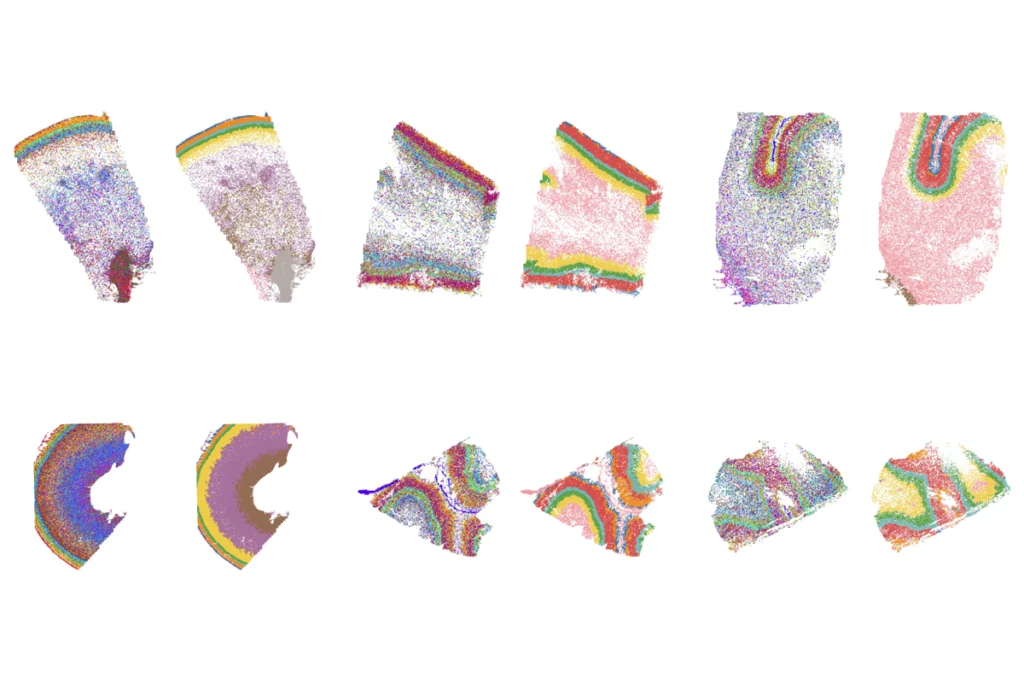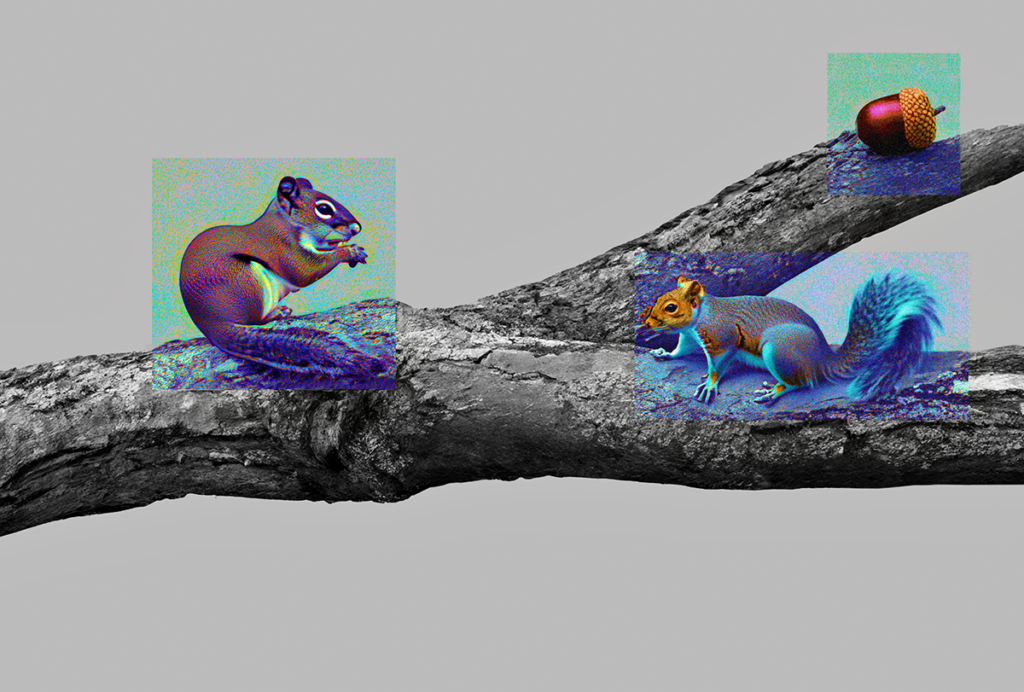Trump change; preprint power; science stories
Scientists are nervous about the next four years, grant money is making preprints more common, and researchers should grab a beer with a science writer.
- Many scientists are worried about the next four years, according to an article in Wednesday’s Washington Post. Anti-science statements Donald Trump made during the presidential campaign, along with his picks for key posts in agencies that set scientific policies, signal stark changes ahead.
“It was clear that the election and the victor were about rejecting the political establishment, and we want to make sure that doesn’t mean rejecting established scientific understanding,” Rush Holt, chief executive officer of the American Association for the Advancement of Science and a former Democratic congressman, told The Washington Post. “It’s one thing to say out with the old, in with the new, but you don’t want to say out with the tested and in with the untested when it comes to knowledge.”
Women and minority scientists are especially concerned about the Trump presidency. That’s why a group called 500 Women Scientists has pledged to defend the scientific process and the diverse group of people who live by it.
“We reject the hateful rhetoric that was given a voice during the U.S. presidential election and which targeted minority groups, women, LGBTQIA, immigrants, and people with disabilities, and attempted to discredit the role of science in our society,” reads an open letter on the group’s website.
More than 11,000 people have signed the letter.
- Many biologists are wary of the preprint — the public posting of a research paper before it’s been peer reviewed. But the practice is about to become a little more mainstream.
A federally funded program doling out $120 million in grant money now requires researchers to post early manuscripts on a preprint server, according to an article in Nature this week. The rule could help make preprints a normal step in the publication process.
“The hope would be that, over time, biologists grow to see the value and want to do this,” says Ron Vale, a cell biologist at the University of California, San Francisco, and founder of ASAPbio, a preprint advocacy group.
Biohub, the $600 million biomedical science initiative launched by Facebook founder Mark Zuckerberg and Priscilla Chan, is also considering a preprint requirement for grantees, Nature reports.
- Good science writers can take important findings and make them interesting and accessible to a broad audience. But they can’t do it alone. An analysis in Cell entitled “A scientist and a journalist walk into a bar …” by science writer Susan Matheson outlines how scientists can help.
First of all, researchers should spend time with science writers. “By being available to journalists and by being open to these conversations, you can minimize the misinformation that gets out [as well as] the anti-science sentiment, which some people think is growing,” Ellen Ruppel Shell, director of Boston University’s master’s program in science journalism, tells Matheson.
Scientists should also learn some storytelling skills. For instance, imagery is a powerful tool.
Finally, researchers should seek opportunities to speak to the public. Tweet, blog, do interviews for podcasts or attend a science café. Opportunities to talk about science abound.
- An article published Tuesday on Vox highlights the dark side of embargoes. These are the dates and times that journalists are allowed to publish content that is released to them ahead of publication.
Most of the major research journals have embargoes. As a result, these journals exert control over the news cycle: news sites all tend to run stories about the same studies at the same time.
“In reality, embargoes allow journals, universities, nonprofits, and corporations to decide what’s important — and when. That should be up to journalists and, frankly, anyone who writes about science,” writes Ivan Oransky, who runs the blogs Retraction Watch and Embargo Watch. (Oransky is on Spectrum’s advisory board.)
Oransky urges journalists to seek out the untold, un-embargoed stories of science.
“You’ll also actually reflect the ups, downs, and sideways of science, not just the highlights some journal wants you to focus on,” he writes. He has a message for journals, too: “Remember that whole unfettered scholarly pursuit of truth that you love to champion? Walk the talk.”
- Last week, ABC News featured a boy with autism whose love for Disney movies ultimately helped him connect with those around him.
Owen Suskind is the star of “Life, Animated,” a book by his father, Ron Suskind. A documentary based on the book is now available. Here’s a sneak peek, from ABC News’ “20/20.”
- Making a career move? Send your news to [email protected].
Recommended reading

Olfaction; autism-linked genes in monkeys; eye movements

Roundup: The false association between vaccines and autism

New human brain atlas charts gene activity and chromosome accessibility, from embryo to adolescence
Explore more from The Transmitter
Plaque levels differ in popular Alzheimer’s mouse model depending on which parent’s variants are passed down

